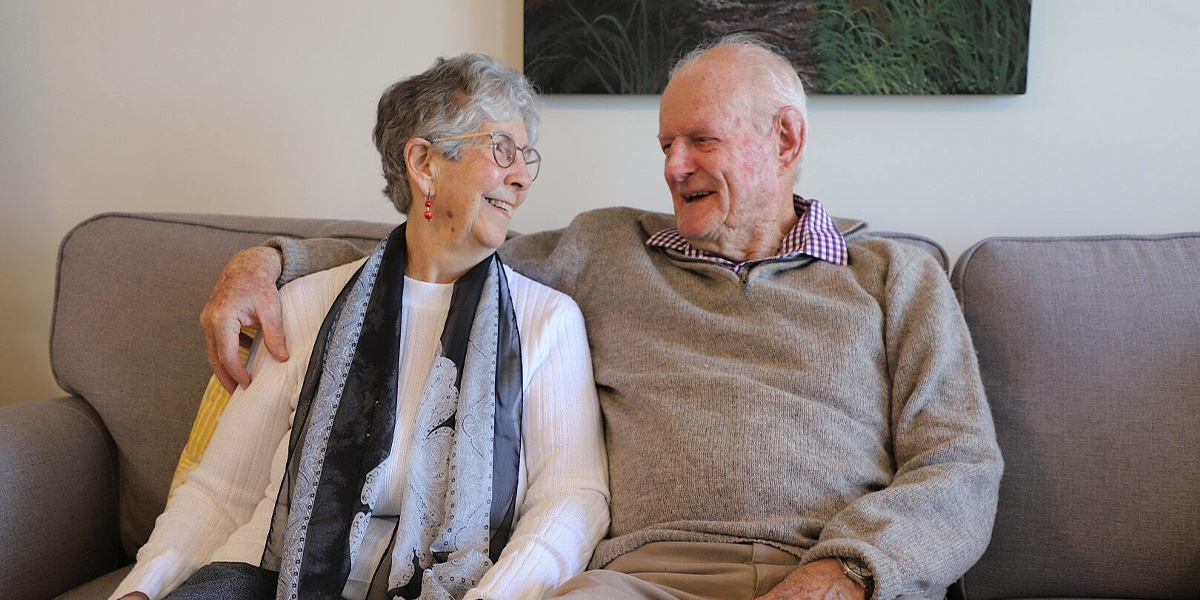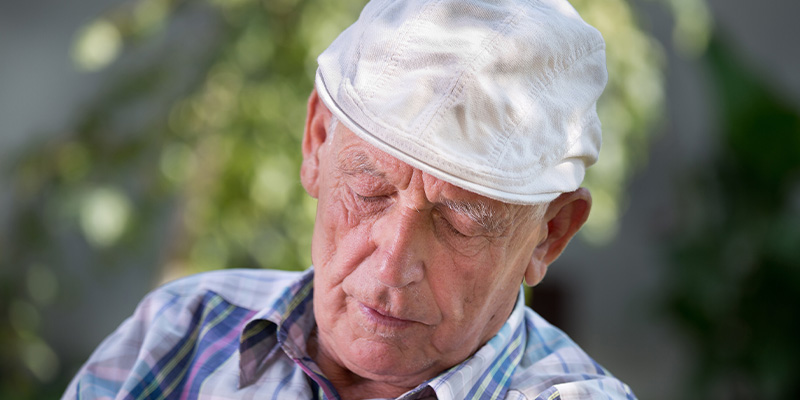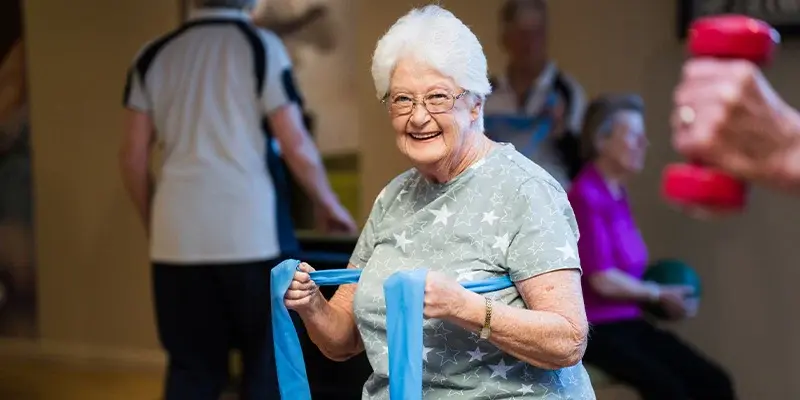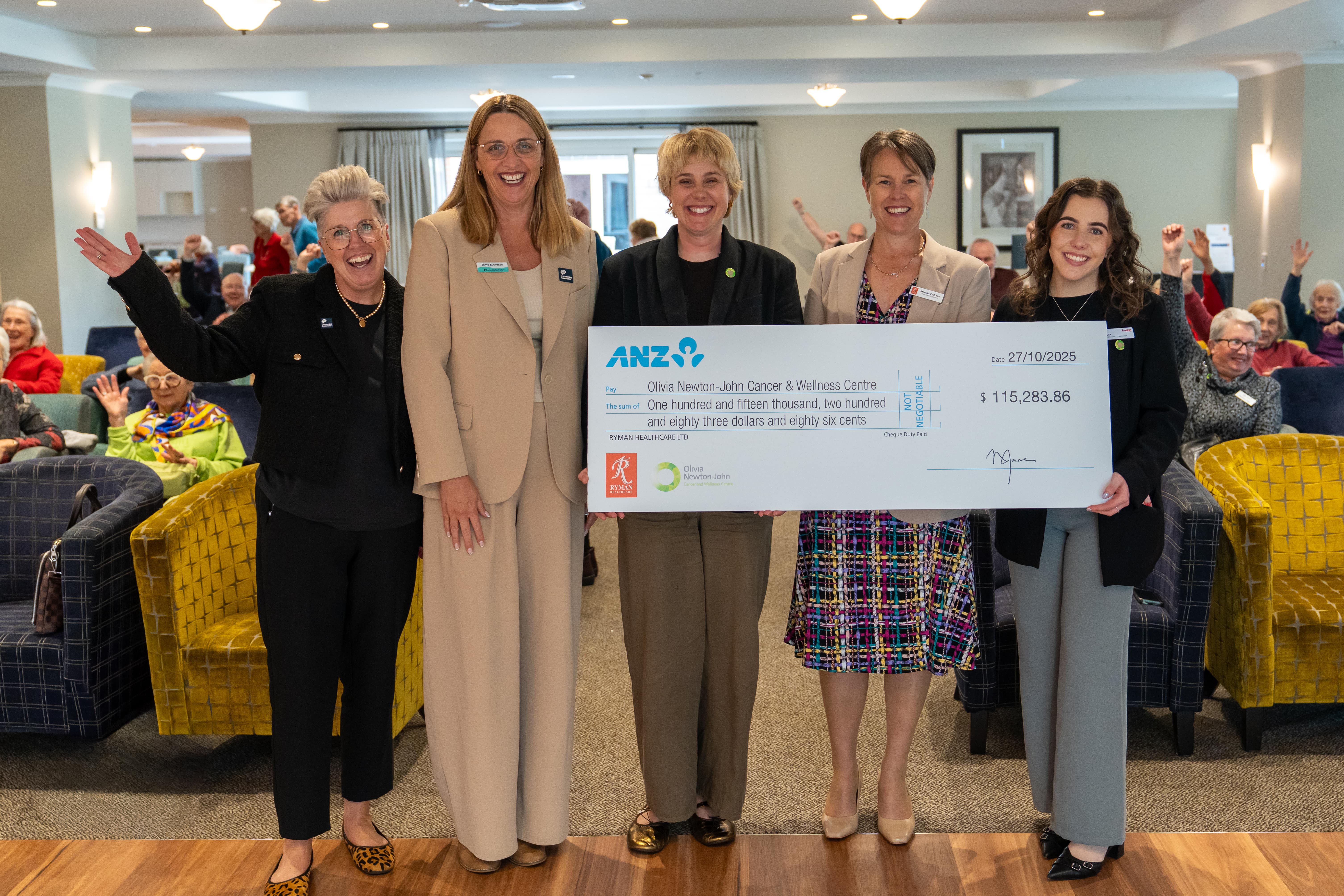Christmas RizeUp Project gives purpose and joy to residents


Dec 19, 2025
2
min read
Difference between assisted living and nursing home | Ryman Healthcare Australia


Dec 17, 2025
3
min read
How to choose the right assisted living facility | Ryman Healthcare Australia


Dec 10, 2025
4
min read
Tony and June ‘lucky’ to be together in their serviced apartment


Dec 10, 2025
3
min read
Do people with dementia sleep a lot?


Dec 9, 2025
7
min read
Resistance band exercises for seniors | Ryman Healthcare Australia


Dec 4, 2025
5
min read
Essential Christmas hacks to save time and stress


Dec 3, 2025
4
min read
Ryman raises $115,000 for the Olivia Newton-John Cancer and Wellness Centre


Oct 28, 2025
2
min read
Best games for people with dementia
%20(1).jpg)
%20(1).jpg)
Oct 9, 2025
6
min read



.webp?width=900&height=600&name=DSCF8297%20(2).webp)

